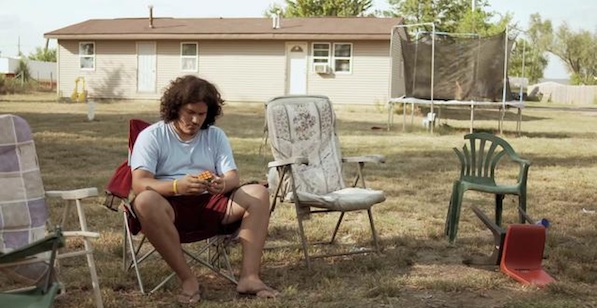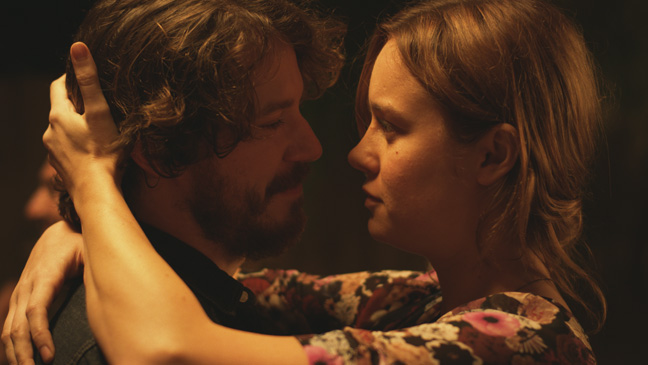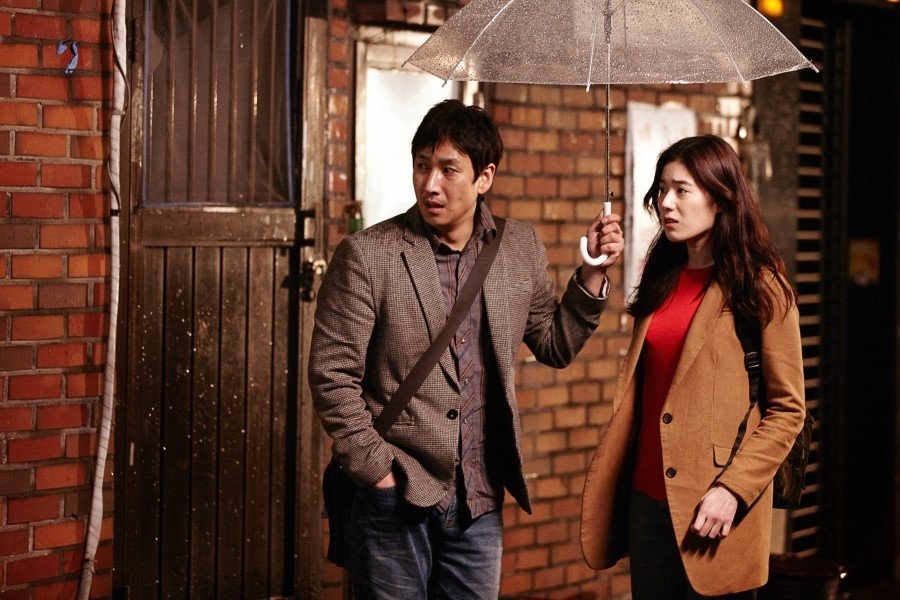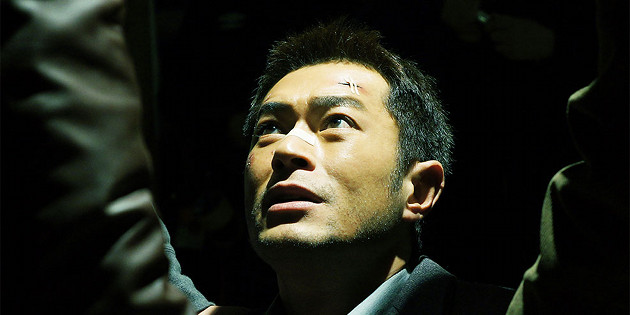Family dynamics played a pivotal role in multiple films from this year’s Los Angeles Film Festival, even if this theme was conveyed in wildly different ways that crossed genres and styles. It speaks to the festival’s diverse programming that films from countries like Hong Kong, South Korea, and the U.S. each explored what it means to feel deeply entrenched in a group, be it an extended family in midwestern America, a triad drug gang, or the Nixon presidency. Even more interesting is how some examined the ripple effects of losing a family member, and how that absence can permanently shift the lives of others in surprising ways.
The biggest surprise of LAFF has to be Aaron Douglas Johnston’s exceptional slice of rural Americana entitled My Sister’s Quinceañera. Born out of an acting workshop held by the Johnston in a small Iowa town, the film is dedicated to the natural rhythms of performance and dialogue. Consisting almost entirely of non-professional actors, the superb cast of mostly Latino performers manages to capture the essence of a community existing with conflict but without melodrama. Their problems—growing up, money, boys—are never played up as unusually heightened experiences, but just the next in a long line of coming-of-age issues that everyone must encounter.
Also inherently connected to the mood swings of teenagers and young adults is Destin Daniel Cretton’s SXSW Jury Award winner, Short Term 12. Set in a reform facility for at-risk youth, the film introduces a wide array of broken souls living in a kind of familial purgatory, a place where the idea of community can be erased by a traumatic memory or a symbolic gesture. Sensitivity is a rare virtue for a young filmmaker, and Cretton has it in spades, specifically when dealing with the breezy conversations in between the more dramatic events. What’s most surprising is the laughter that finds its way into the fringes of such key scenes. These are the spaces in which families are born, and sustained.
From the lyrical and comedic to the absurd and tragic. Penny Lane’s Our Nixon reconfigures the Watergate Scandal from the personal perspective of the perpetrators. Entirely constructed of found footage shot by H.R. “Bob” Haldeman, John Ehrlichman and Dwight Chapin, key figures in the Nixon administration, Lane’s intoxicating feature-length montage dissects the overlap between political and personal relationships. Listening to each man romanticize this infamous figure speaks to the levels of delusional respect one can have for their patriarch.
Hong Sang-soo’s Nobody’s Daughter Haewon hinges on the departure of the titular character’s matriarch as an inciting incident. Known mostly for his scathing self-analysis of male characters obsessed with film and blurred by soju, Hong’s latest follows a smart but deeply sad young woman searching for the right place to belong, both in reality and inside her own head. But can she separate the two? It’s an intriguing question that hovers over every breezily melancholic dialogue sequence, leading one to believe that family for Haewon is a hypothesis that can never be fully proven.
Devastating in a completely different way is Forty Years From Yesterday, Rodrigo Ojeda-Beck and Robert Machoian’s near-clinical exploration of an elderly man whose wife dies of stroke and leaves him consumed with grief. Like journalists embedded with a military unit in battle, the filmmakers stay trained on the movements and expressions of the man and his various family members as they come to grips with the sudden loss. The style is exhausting at times, maybe even uncomfortable, but it convincingly conveys that prolonged moment when all the air is sucked out of the universe and all that’s left is you.
Speaking of breathless, Johnnie To’s Drug War is mise-en-scene on fire, swiftly careening forward with lightning efficiency. What begins as an intricate procedural about an elite group of cops trying to take down a powerful narcotics syndicate finally erupts into a bloody western that is as relentless as it is perfectly crafted. Loyalties and family units exist on both sides, each fortified over years of hard work and trust. But it only takes a second for them to be destroyed. Bodies spin and bullets dance, all in the name of an action poetry born from the canon’s of Michael Mann and Walter Hill but made new again through the deep focus mayhem of To. Drug War might be his greatest vision of professional bloodlines splintered by greed and destroyed by ambition, left to rot on a battlefield of concrete where family no longer exists.







